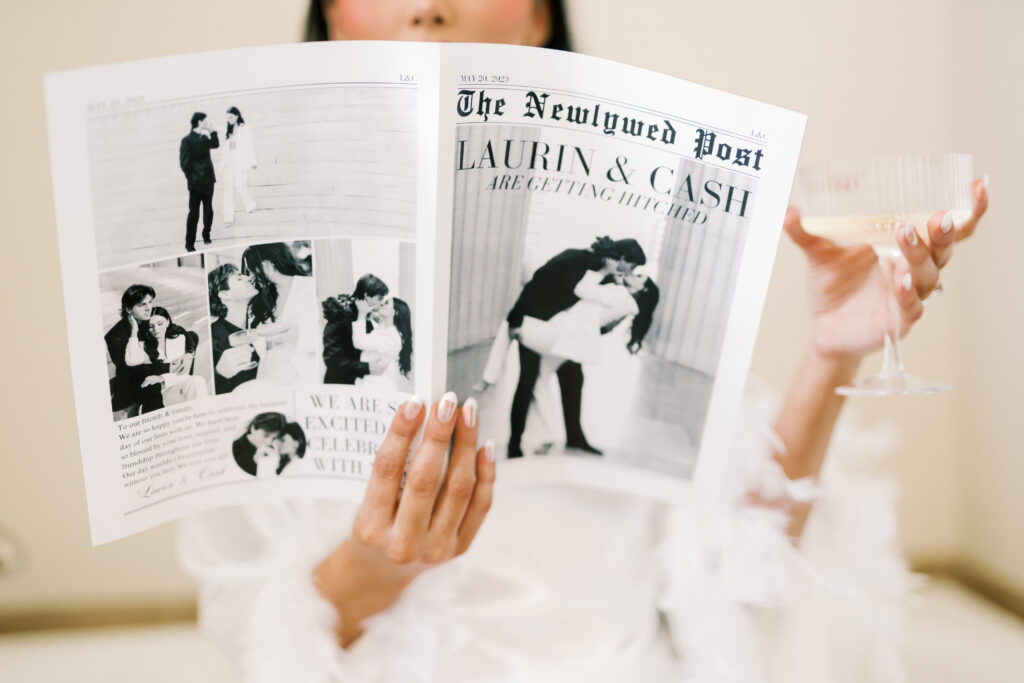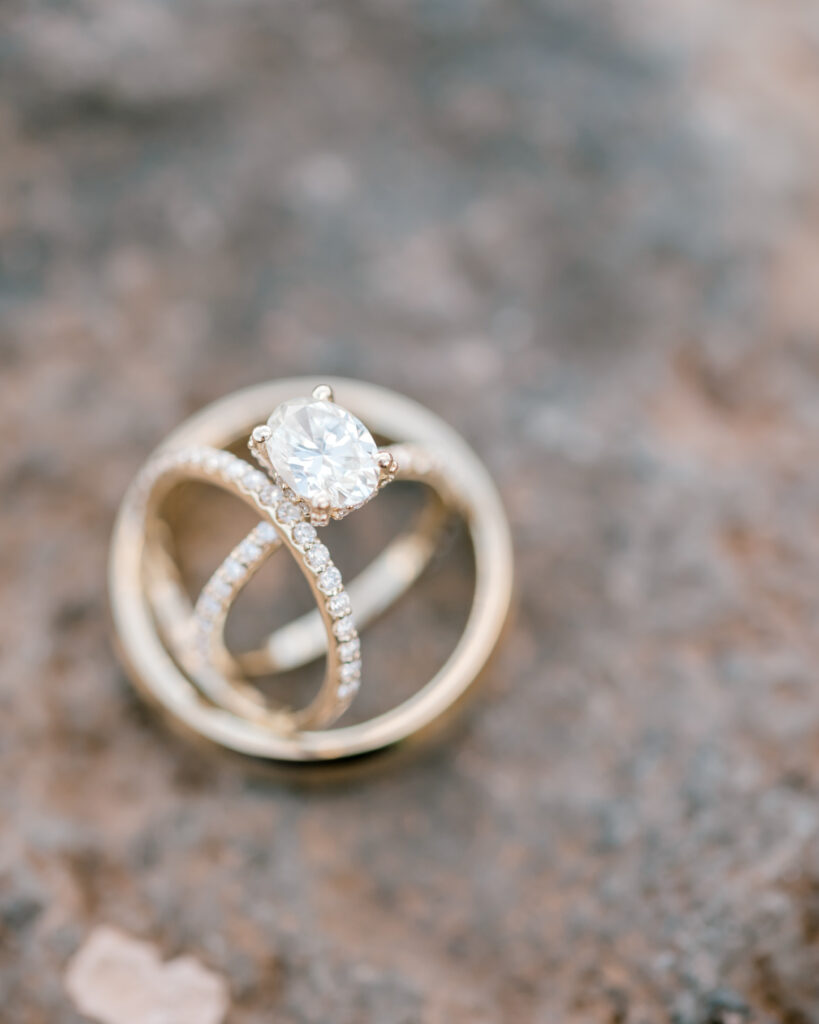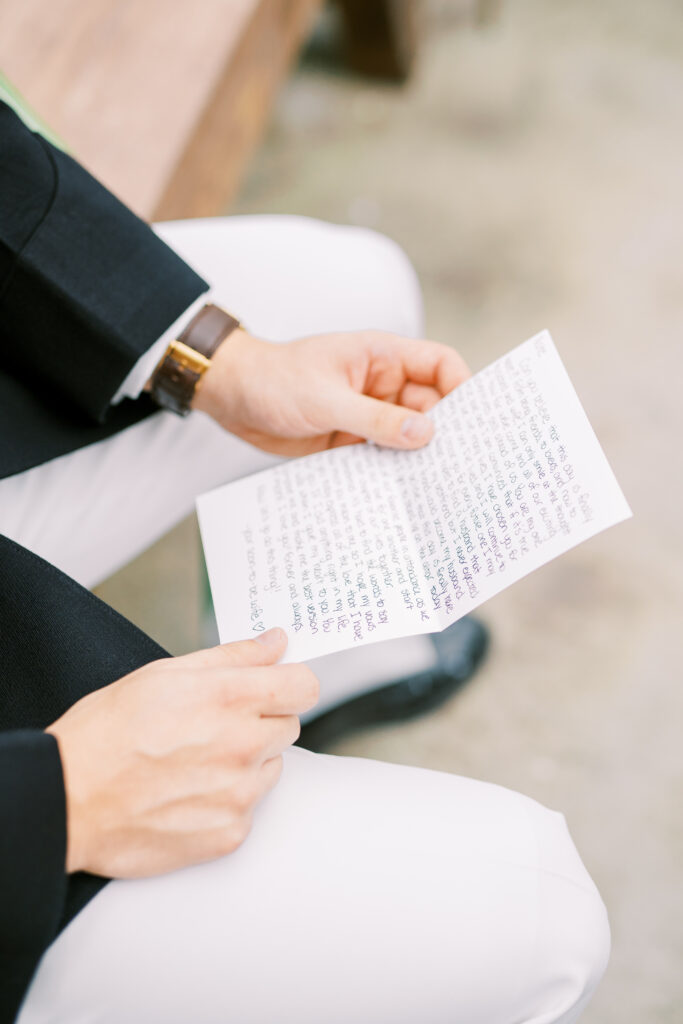When it comes to capturing the most significant moments of your life, nothing can replace the expertise of a professional wedding photographer. However, before you can fully entrust this monumental task to someone, it’s crucial to understand the terms and conditions that govern your agreement. This is where a Wedding Photography Contract comes into play.
A well-crafted contract not only protects both parties but also sets the stage for a smooth working relationship. It outlines the responsibilities, deliverables, and most importantly, the legalities that both the client and the photographer must adhere to. In this article, we’ll delve into the essential components of a Wedding Photography Contract, so you can proceed with confidence and clarity.

1. Copyright: Who Owns the Photos?
One of the most critical sections in a Wedding Photography Contract is the copyright clause. This part specifies who owns the rights to the photographs taken during the wedding. Legally, the photographer retains the copyright, allowing them to use the images for promotional purposes or portfolio inclusion.
In rare instances, you can buy the copyright from your wedding photographer. However, understand ahead of time that this comes with a hefty price tag. Buying the copyright to photographs is the same thing as purchasing intellectual property. It means you’d have the ability to resell, distribute or use them for personal gain. In this instance, the photographer would need to buy license from you to even post them to their social media.
However, this doesn’t mean that you can’t share or print the photos. Most contracts grant the client permission to make copies for personal use, but any commercial use requires written consent from the photographer. Understanding this section is crucial as it sets the boundaries for how both parties can use the images.
2. No Other Photographers Allowed: Why Exclusivity Matters
You might wonder why photographers often include a clause that prevents other people from taking photos during the wedding. The reason is simple: to maintain the quality and integrity of the professional images as well as the business which produced them. When multiple people are snapping pictures, it can interfere with the photographer’s ability to capture the best shots.
It’s mostly about minimizing distractions and obstructions, allowing your chosen photographer to provide you with the best possible service. However, there is a secondary reason- especially when you hit the luxury market.
Let’s say you allow your brothers friend who is a budding photographer to snap extra pics at your wedding. From the couples point of view, this is phenomenal! Extra coverage, no cost. But the reality is that many photographers who are early in their career see this as a way to snag gorgeous images for promotion that they have no way to recreate on their own. This is very common at ultra high end venues with over the top budgets. The sort of wedding that many photographers work many, many years to be able to handle. The seasoned photographer comes in, poses the subjects in perfect lighting, angles themselves just right, arranges details- and then an over eager newbie steps in and snags the shot as well.
That early career person then goes and advertises with that image, but in reality has no idea how to do it again because they didn’t have the experience or training to create it in the first place.
This is a growing issue in our industry and is part of the reason why so many people book photographers on the cheaper side and then wind up with photographs that are ultimately subpar. They were tricked with false advertisement of abilities.


3. Payment Terms: Why 7 Days in Advance?
In most Wedding Photography Contracts, you’ll find a section outlining the payment terms, including deadlines and methods. One common stipulation is that the full payment is due at least 7 days before the wedding day. This practice is not just a random preference; it serves a purpose.
Receiving payment in advance allows the photographer to secure their time and resources for your event. It also provides a financial safeguard for the photographer in case of last-minute cancellations or changes. This clause is a standard industry practice to protect both parties.
At Rebecca Ann Aesthetic, we are very serious about this clause. We pay our assistants, associates and second shooters a livable wage. That wage reflects in our pricing. Whenever you book with us, multiple people behind the scenes will be blocking off their calendars months or even years in advance. This means that there is a very real loss of time, resources and money on our part if a wedding is captured without payment.
4. No Guarantees: The Reality of Photography
While professional photographers strive to capture every moment beautifully, it’s essential to understand that no image can be guaranteed. Various factors, such as lighting conditions, venue restrictions, and even guest interference, can affect the outcome.
This section in the contract is not an escape clause for the photographer but rather a realistic acknowledgment of the variables that come into play during a live event. It sets the expectation that while the photographer will make every effort to deliver stunning photos, some things are beyond their control.
We lean on the phrase “we can only shoot the wedding that happened”. If it rains heavily- then that outdoor first look just wont happen. Maybe there’s ice on the ground, meaning we cannot take pictures with grandma at the top of those steps. If all of your guests showed up wearing white, we cannot magically make them have manners.
5. Extra Costs for Extensive Photoshop Work
Retouching is a standard part of the post-production process in wedding photography. However, extensive Photoshop work, such as digital slimming, background changes, or removal of objects or people, usually comes at an additional cost.
This section in the contract clarifies what is included in the standard package and what would incur extra fees. It’s essential to understand this part to avoid any surprises when you receive the final bill.
What qualifies as extensive varies from photographer to photographer, so it’s essential that you talk this through beforehand if you have something in mind.
6. Cancellation Policy: What Happens if Plans Change?
Life is unpredictable, and sometimes events like weddings need to be postponed or canceled. A well-drafted Wedding Photography Contract will include a cancellation policy that outlines the conditions under which the contract can be terminated by either party.
Typically, any deposit made is non-refundable, serving as compensation for the photographer’s time and any preparations made. Make sure to read this section carefully to understand your financial obligations in case of unforeseen changes.
It is also typical for services rendered to be deducted from any refund. This might include an engagement session, boudoir session, or any other add on you select. This is another thing that varies from photographer to photographer, so again- please talk it out ahead of time!

7. Liability and Limitations AKA Force Majuere
This section outlines the photographer’s liability in various scenarios, such as equipment failure, inability to perform services due to illness, or other unforeseen circumstances. It usually states that the photographer’s liability is limited to the return of all payments received.
You should also expect language in this clause around what will happen if there is a natural disaster, or if the wedding is called off entirely. While deeply unfortunate, these things do happen every day. A great wedding photographer will think through every scenario ahead of time.
Understanding the liability and limitations section is crucial as it sets the legal boundaries for any potential disputes, ensuring that both parties are on the same page regarding expectations and outcomes.
8. Model Release: The Right to Publicize
Many Wedding Photography Contracts include a model release clause, granting the photographer the right to use the images for advertising or portfolio purposes. While this is standard practice, some clients may prefer not to have their photos used in this manner.
If you have reservations about this, it’s essential to discuss them with your photographer before signing the contract. Modifications can often be made to suit your comfort level while still maintaining a mutually beneficial agreement.
Specifically look for this clause if you are having boudoir photography done. At Rebecca Ann Aesthetic, we make it a point to discuss this in depth with our boudoir clients. However, we have found that this is not the case at every studio. The nature of boudoir photography means that you have every right to deny a model release.
Understanding your Wedding Photography Contract
Understanding the intricacies of a Wedding Photography Contract is not just a legal necessity; it’s an empowering step in your wedding planning journey. A well-drafted contract serves as a roadmap for what to expect from your photographer and what they expect from you. It eliminates ambiguities, sets clear boundaries, and most importantly, ensures that both parties are aligned in their goals and expectations.
By taking the time to thoroughly read and understand each clause, you’re not only protecting your investment but also contributing to a more harmonious working relationship with your photographer. This mutual understanding sets the stage for a more relaxed and enjoyable wedding day, where you can focus on celebrating love rather than worrying about logistical details.
So, as you prepare for one of the most significant milestones in your life, remember that a Wedding Photography Contract is more than just a piece of paper; it’s a tool for clarity, protection, and peace of mind. With this knowledge in hand, you’re not just a client but an informed collaborator, ready to work with your photographer to capture the magic and emotion of your special day in the most seamless way possible.
Still trying to decide where to go from here? Check out these blogs to learn more about the world of wedding photography and videography with Rebecca Ann Aesthetic.